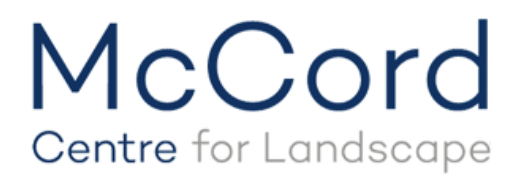Background
Landscape – space – identity – destruction
The concept of ‘landscape’ has over many years been elaborated by humanities and social sciences researchers to encompass both the natural and cultural qualities of the environment and the physical and intangible elements of place. 'Landscape' in current thinking does not merely denote an aesthetic or visual relationship with place, but embraces issues of identity, communality and ownership, conflict and justice, and social as well as ecological balance.
This ‘landscape approach’ is closely related to the still emergent ‘spatial turn’ in the social sciences. Both follow the idea that space and landscape are social constructs amalgamating unevenly distributed but culturally-defined places, their relations and groupings, that are constantly transformed by the societies inhabiting them. Thus particular landscapes and places are constituted by specific social actions anchored to historical and geographical contingency. While sense of place may be an individual notion, the concept of landscape transcends an individualising perspective because 'landscape' is the result of social interaction, i.e., it relates to social groups or a society as a whole. This identity-place connection is only to a small degree established by rational reflection, but mainly emerges from emotions and sensations, traditions and memories – the synaesthetic and holistic human-space encounter that we term ‘landscape‘.
The importance of rootedness in an individually charged landscape is highlighted in the (post-) modern and globalised world as a significant ingredient of mental and bodily well-being and positive identity-formation. In the aftermath of the Yugoslavian wars, and of other apocalyptic 20th century experiences, the damage caused to well-being and identity by devastation of heritage has begun to receive attention Concern about climate change has turned landscape research towards the impact of major ‘natural‘ (generally humanly-compounded) catastrophe and change caused by wildfires, floods, tsunami, earthquake or volcanic events, and the 2020 pandemic has further highlighted the vulnerability of supposedly established and rooted ways of interacting with space and place.
Our research will extend the state of the art in this area, and will additionally provide a deeper historical context than individual case studies can normally achieve. Our work will thus have topical relevance for global challenges, whether induced by climate change, forced migration or economic collapse, and resonance for many areas of future policy. Drawing on our primary disciplinary expertise, we will look in detail at one very specific episode of landscape devastation – of the German palatinate in the later 17th century – in the much broader geographical and chronological context of a range of less intensive case studies, thus creating a reciprocal feedback to transcend scale. Our research will for the first time provide both a systematic theoretical and conceptual frame to such issues but also a wide range of empirical supporting evidence.






